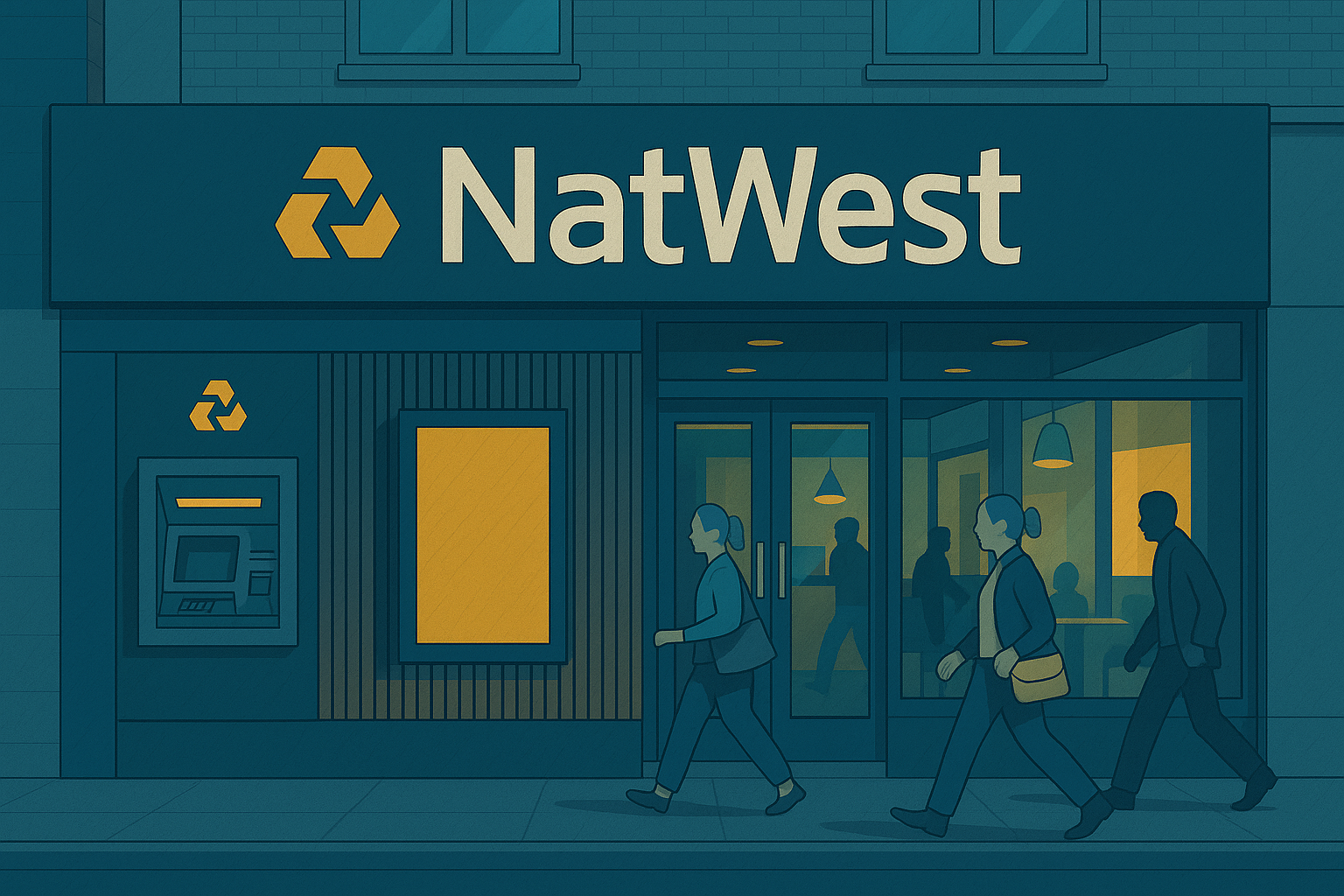Government borrowing costs have surged over the past fortnight, presenting challenges for Chancellor Rachel Reeves. The 30-year gilt yield peaked at 5.57% on Friday, later stabilising at 5.54% as trading commenced on Monday. These yields exceed levels observed in April, following former President Trump’s announcement of extensive tariffs on ‘Liberation Day’, which previously drove yields to a 27-year high.
Ten-year gilt yields have also risen, climbing from approximately 4.51% at the start of the month to a high of 4.7%. Although these yields remain below the highs of April and June, the increase reflects broader concerns. The heightened borrowing costs indicate a lack of confidence in major economies’ ability to service debt, with the UK facing particular scrutiny.
Traders are increasingly wary of sustained inflation, which could necessitate prolonged elevated interest rates. The Chancellor’s fiscal decisions are also mirrored in bond yields. This environment has prompted Bank of England officials to consider decelerating the quantitative tightening process.
Reeves faces the challenge of managing elevated borrowing costs. Analysts attribute the persistently high gilt yields to the Bank of England’s hawkish stance on the UK economy, with inflation expected to reach 4% in September. The Monetary Policy Committee’s indecision further complicates potential rate cuts.
Kathleen Brooks, research director at trading platform XTB, noted that the rise in European bond yields coincided with the release of UK labour market data, which highlighted robust wage growth and a deceleration in job losses. Expectations for interest rate cuts are diminishing, with less than one rate cut anticipated by year-end and only a 40% probability of a cut in November.
UK bonds are currently facing significant selling pressure, with gilt yields rising more rapidly than those in Europe and the US. This trend is exacerbated by the UK’s fragile fiscal position.
Chancellor Reeves is under pressure from her backbenchers to avoid significant spending cuts. Her fiscal rules and Labour’s manifesto commitments restrict her options for tax increases, given that income tax, national insurance, VAT, and corporation tax constitute around three-quarters of total revenue.
Speculation surrounding the Autumn Budget is intensifying, with economists warning that higher borrowing costs could erode Reeves’ modest £9.9 billion fiscal headroom. Reeves has asserted that her fiscal rules are “non-negotiable”, emphasising their importance for economic stability.
At a recent Treasury Committee hearing, Reeves stated, “One in £10 of government spending is spent servicing our debt. I am a Labour politician. I don’t think there’s anything progressive about spending £100bn a year, often to US hedge funds, when I would rather spend that money on our health service or on defence.”




